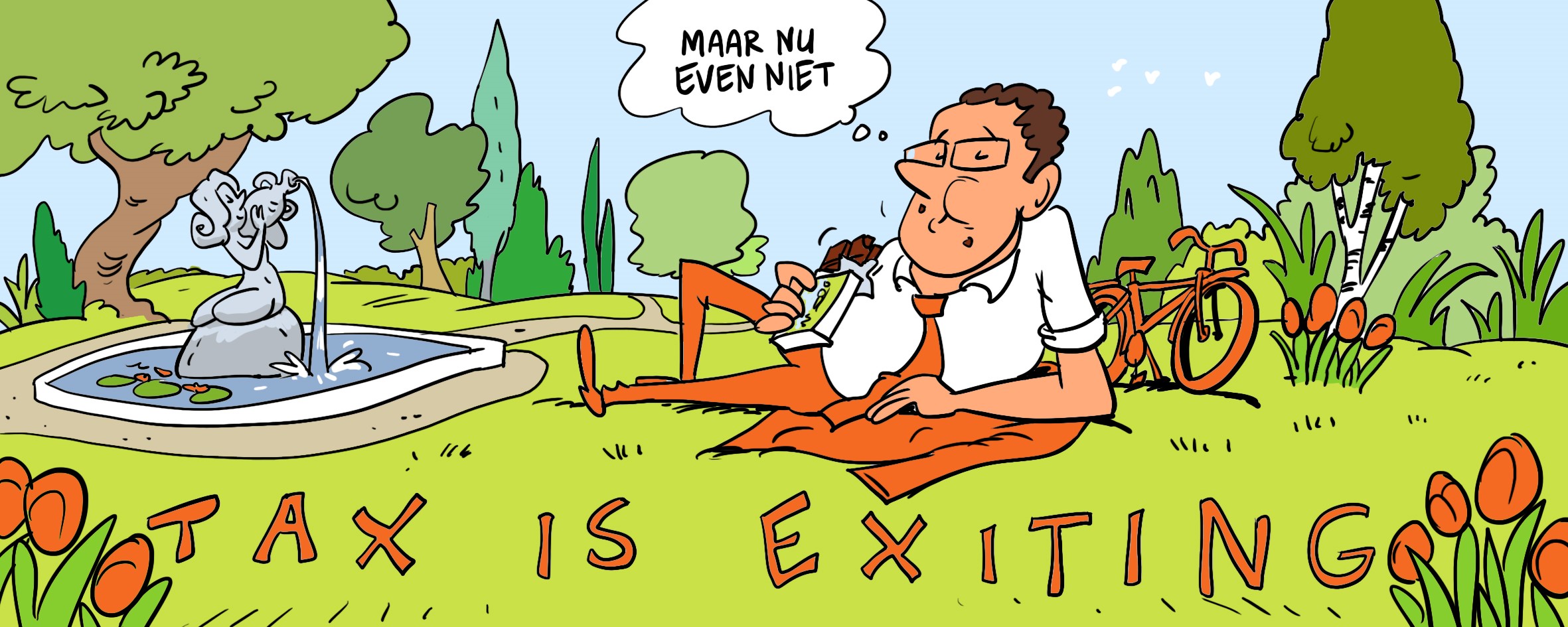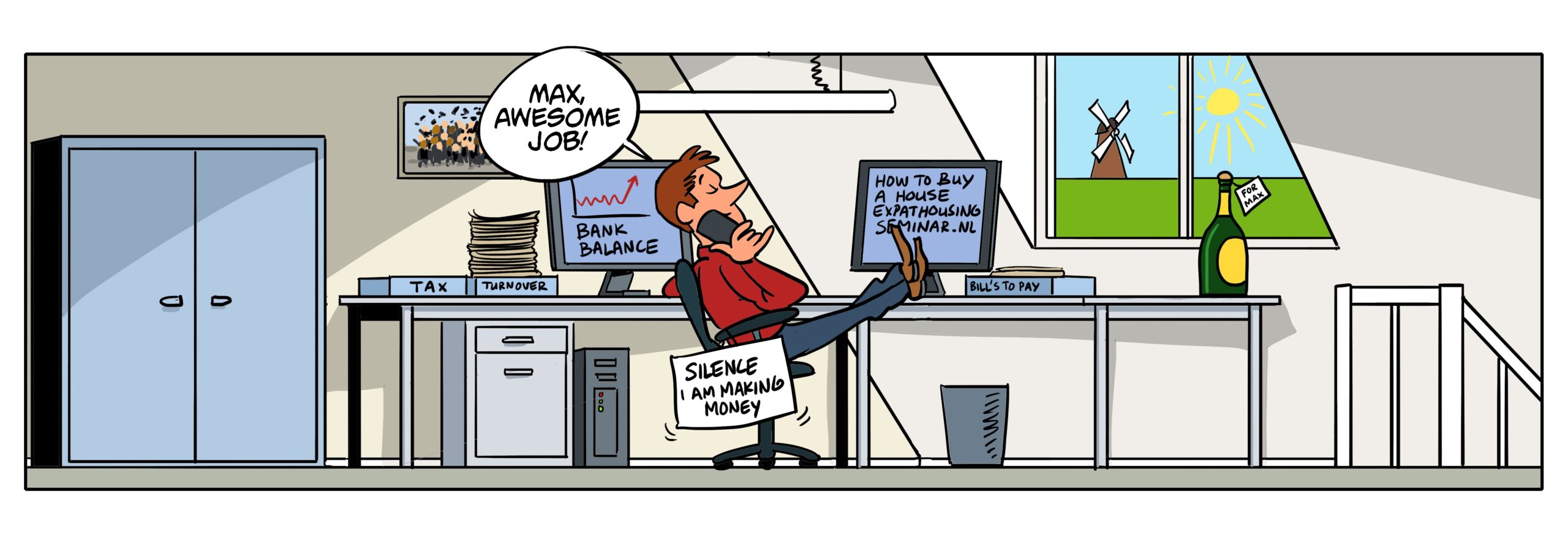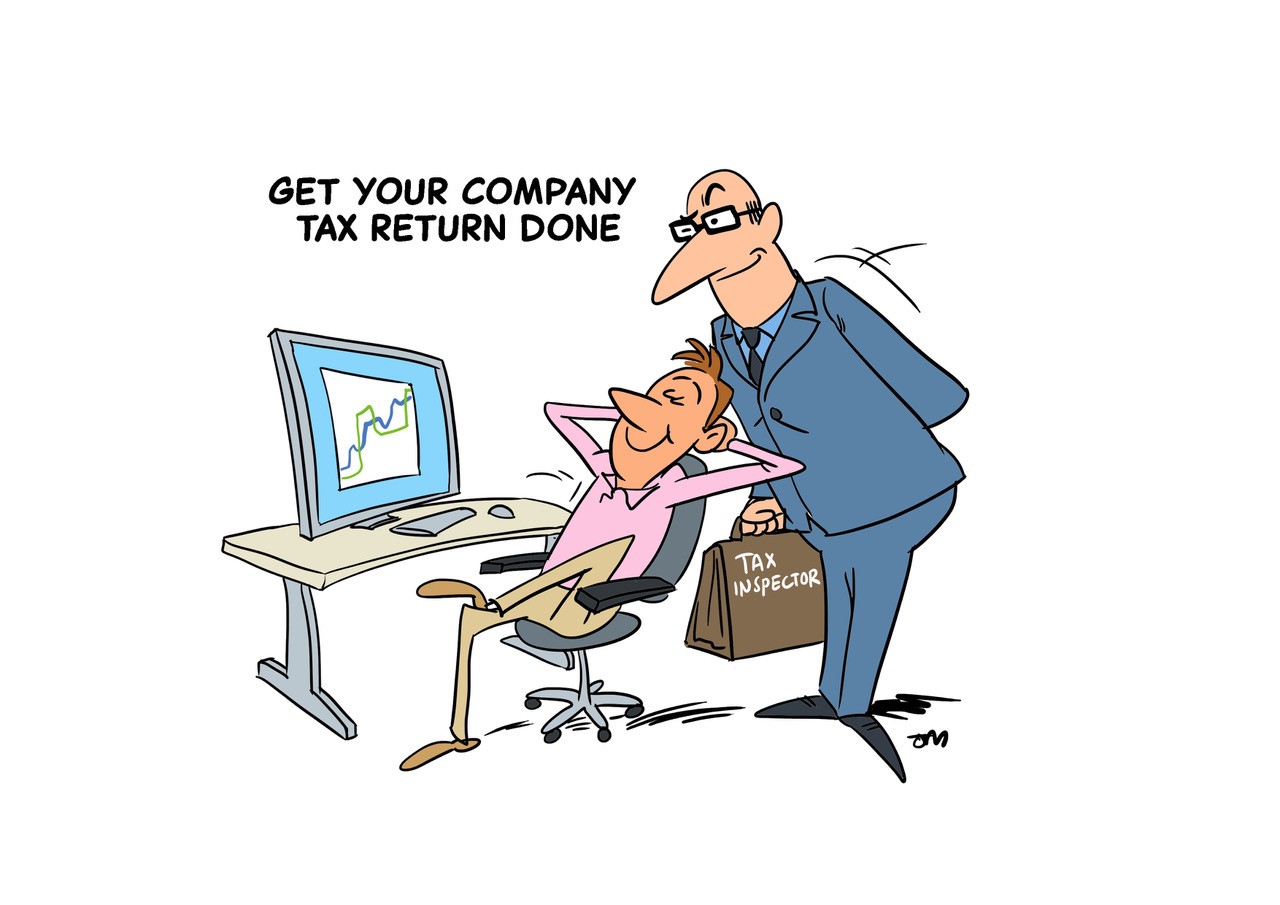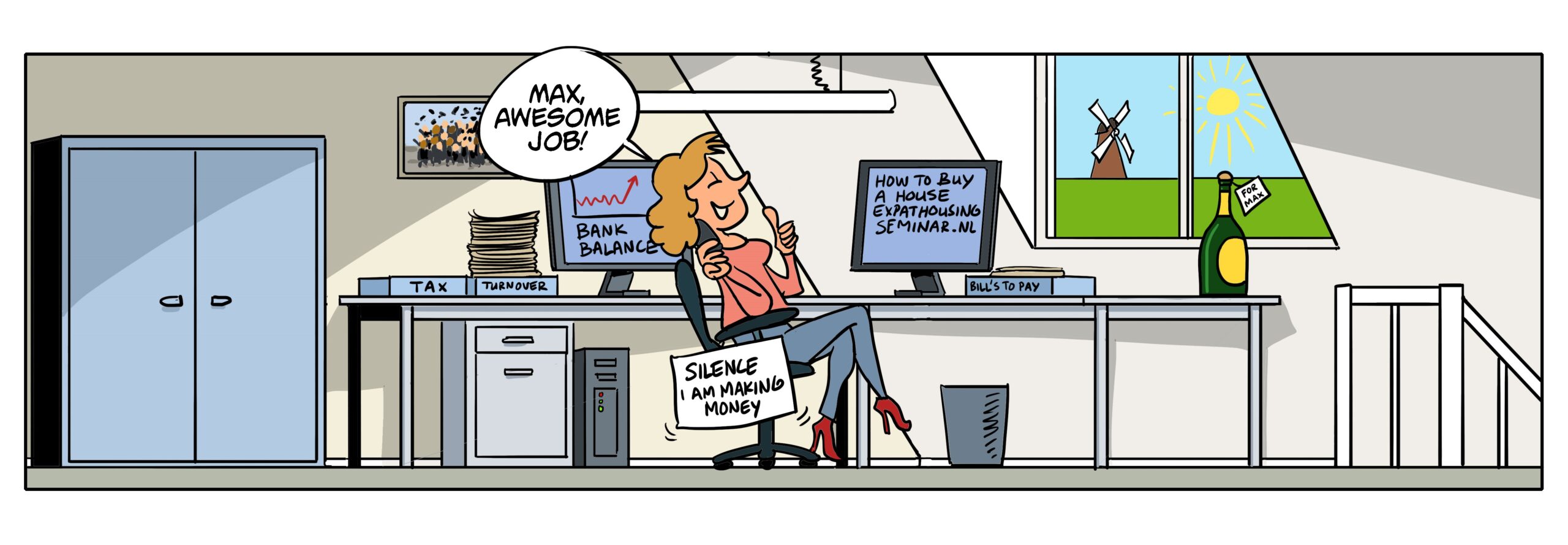Tax is a super exciting subject and the Governments around the world keep excitement up by constantly changing the rules. They have done it again, now inside the EU.
What are the new VAT rules as per July 1 about?
The new VAT rules are about you selling goods to private individuals outside the Netherlands, inside the EU. If this does not apply to you, this article is not for you. If you provide services to private individuals, nothing will change for you.
Situation till July 1, 2021
Right now there is a per country method. This implies you have to exceed a certain amount of sales before you are obliged to charge the VAT rate of this particular country. The limit amount varies per European country.
The moment you exceed the threshold or limit you are obliged to register your company for Value Added Tax purposes in that country. Then you need to comply with the local VAT requirements to fulfill your obligation. Feels very old, it is old.
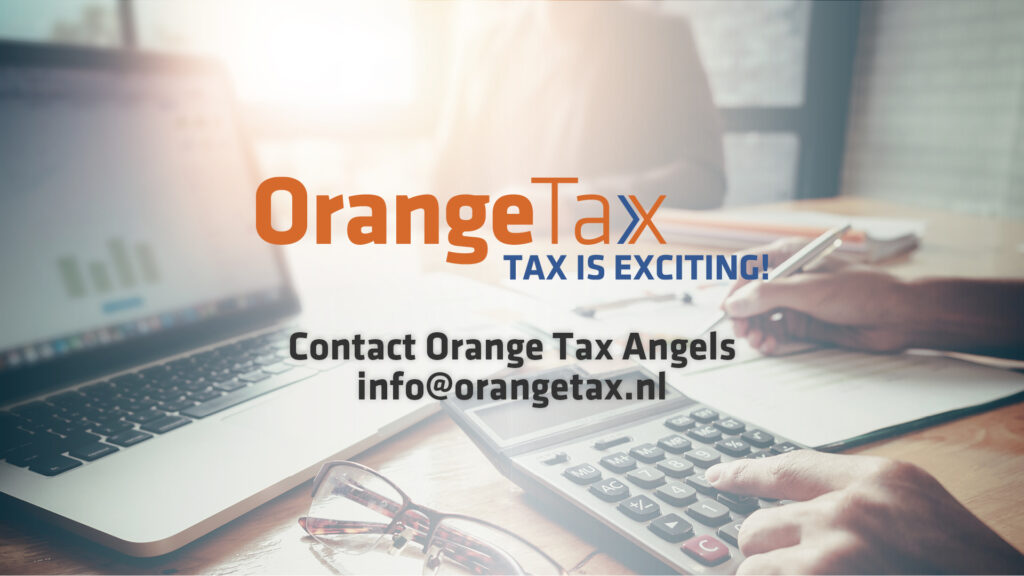
Sales exceeding EUR 10.000
From July 1, 2021 the system will change. If you sell in the entire European Union outside the Netherlands for more than EUR 10.000 in turnover, you need to charge the local EU country Value Added Tax rate.
On top of that you need to assure yourself you charge the correct VAT rate. Some countries have three rates. You need to apply the correct invoice requirements as you are now obliged to issue the private individual with an invoice. We do have EU set invoice requirements, but some EU country still have specific alterations.
How to file your VAT return in the EU?
The main rule is that you need to register your company in every EU country where you are charging the applicable VAT rate. The VAT you charge you need to pay to that specific EU country.
Governments understand that in this time and age this is not a very progressive situation. Hence in the EU it has been decided to introduce the One Stop Shop or OSS. The OSS is a system where you announce yourself to the tax office in the EU country where your company is registered, with the desire to file pan EU VAT return. This EU country will then distribute your one payment among the other EU countries.
The Dutch tax office has opposed this system as the Dutch tax system is not ready for the OSS. The tax office have stated that they can currently handle max 30.000 companies. It is key to get your OSS activated quickly to be part of the first group of 30.000 companies.
How to create one stop VAT facility for EU sales to private individuals under new VAT rules?
If you have a one man company and your digital ID, log on with your digital ID. If you have a so called E3 certificate to communicate with the Government, log on with your E3 details. Then you go to the Dutch tax office and the ‘EU-btw-eenloketsystem’ and there you can register your company.
One of the conditions of the one stop shop VAT filing is that you have terminated your VAT registrations in the EU countries as per July 1 next.
Tax is exciting
We think tax is exciting. The EU Governments are excited about collecting the VAT they should have received already much earlier for sales to private individuals in their country. We understand this need and we are glad to learn made use of the EU collective to create the OSS. If you needs assistance with our EU sales or with your Dutch domestic VAT obligations, feel free to contact us.


